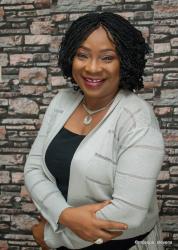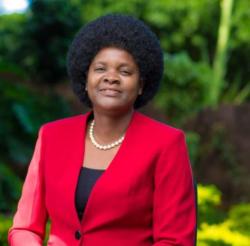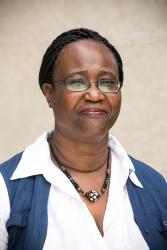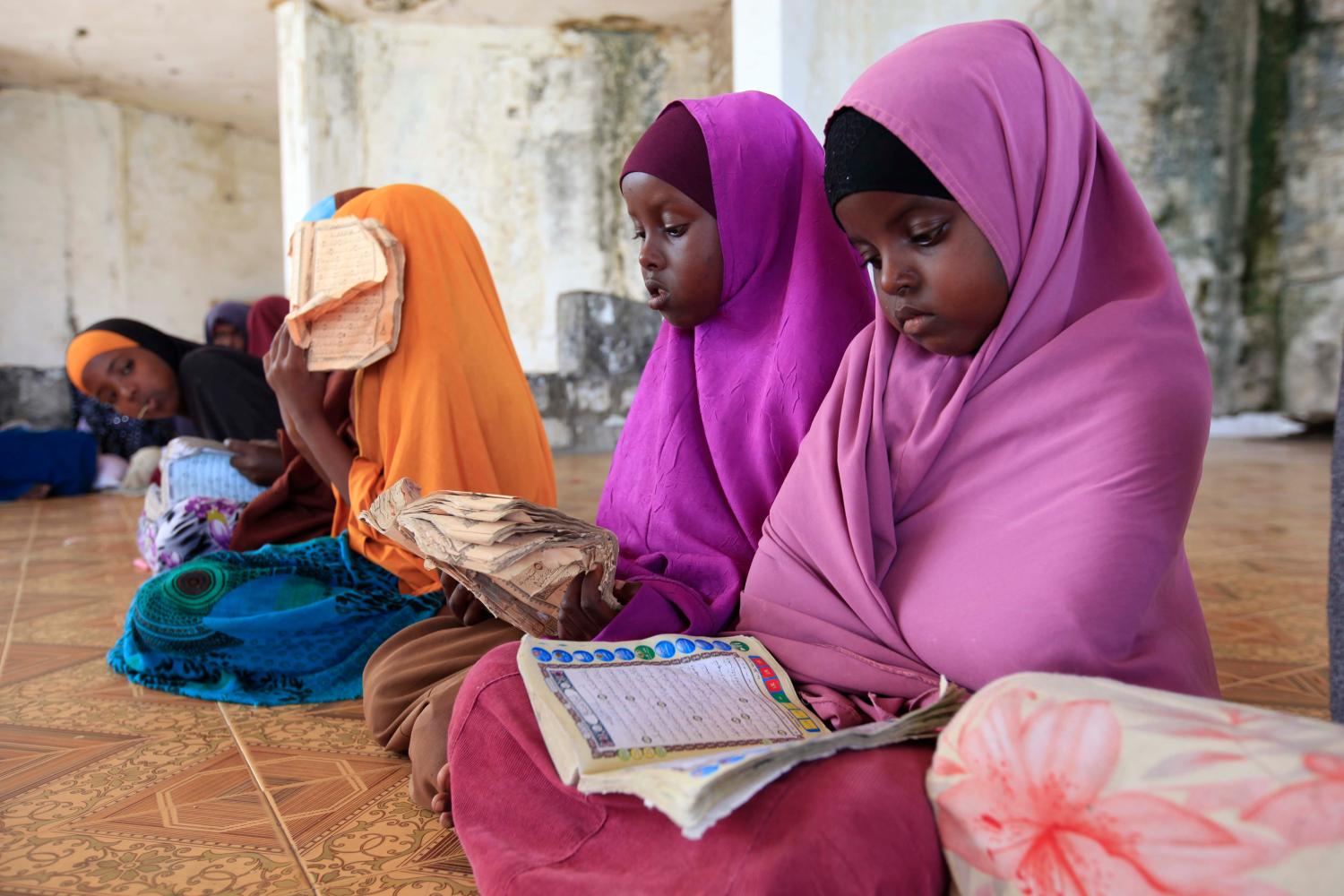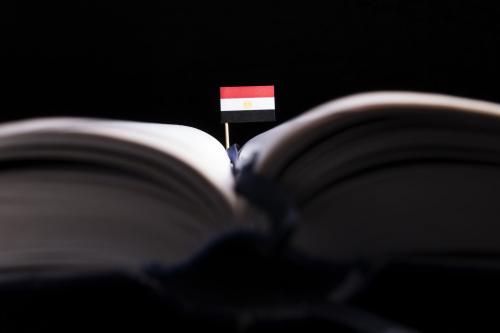Introduction by Xanthe Ackerman, Associate Director & Associate Fellow, Center for Universal Education
Fostering Local Leadership for Girls’ Education
Marginalized populations need leaders who draw attention to the issue of girls’ education. Although government leaders in developing countries generally recognize the importance of girls’ education, the ministries they task to work on gender issues are often under-resourced and ill-equipped. The girls that suffer the most and are excluded from education are usually the invisible and likely to be without political representation. Therefore, they needlocal champions in government, in academia, in civil society, in business and in practice. These champions can articulate the challenges that local populations face in their specific contexts, and then link their perspectives to national, regional and global discourses.
The international community also has an important role to play in supporting these champions and leaders by helping them to amplify their voices globally so that advancing girls’ education and gender equality does not fall off the global policy agenda. These voices can make the point that what is needed is a shift from focusing on gender parity to focusing on achieving gender equality—a vision which is far from completed.
Addressing girls’ issues requires innovative and bold leadership. Education ministries are not always designed in ways that respond to the entry points, transition points or nonformal programs that are critical for many girls and child mothers. Leaders that have access to best practices and cross-country experiences can bring lessons and innovations to their countries to better address girls’ education needs. Key issues related to girls’ education may reside in what bureaucracies consider the private or personal sphere—one which is governed by religion or culture and is therefore difficult to confront. The practices and attitudes that keep girls from learning and participating effectively are often difficult to perceive—and sometimes shared by administrators—and are therefore hard to address. Individuals who understand the local context, but are also willing to speak on these issues have an important role to play.
The working papers presented in this volume shed light on the often silent crises that affect girls’ participation, education and learning. Importantly, the papers offer solutions and policy recommendations that are grounded in local knowledge and insights from the perspectives of the Echidna Scholars. They serve as critical contributions that build on achievements in gender parity in West Africa, Nigeria and Malawi, yet they hold governments and other actors accountable to a broader vision of gender equality. The papers presented here show the potential for policy solutions when local leaders’ voices are heard at global level.
 Judith-Ann Walker | Nigeria
Judith-Ann Walker | Nigeria
Co-Founder and Managing Director, development Research and Projects Centre (dRPC), Northern Nigeria; Ashoka Fellow 2004
Judith-Ann Walker from Kano State, Northern Nigeria, studies child marriage in West Africa, drawing on decades of practice and research as the managing director of the Development Practice and Research Centre, an organization she cofounded which conducts research, implements programs, and builds the capacity of local community-based organizations. In her paper, Dr. Walker argues that at global level, girls’ education is widely accepted as a leading strategy to end child marriage. Paradoxically, in West Africa, home to five of the 10 countries with the highest rates of child marriage, policy analysis and interviews with education bureaucrats shows that education policy routinely misses the opportunity to address the issue of child marriage. Her paper concludes with a call to action and recommendations for actors at global, regional, national and subnational levels to leverage education as a way to end child marriage.
 Adefunke Ekine | Nigeria
Adefunke Ekine | Nigeria
Lecturer, Tai Solarin University of Education, Ogun State, Nigeria; Country Liaison for the Association of Childhood Education International and State President for the Organisation Mondiale Pour L’Education Prescolaire
Adefunke Ekine of Oyo State, Nigeria is a lecturer at Tai Solarin Univerity of Education with two decades of experience in school administration and teaching. Her paper builds on her doctoral work on early childhood education and focuses on the need to engage girls in science from their early years when interests and attitudes are being formed and before cultural and gender biases about science are normalized. This is an issue of significance not only in Nigeria, where cultural biases hold that science is the domain of males and that girls are not as capable as males, and where women make up only 17 percent of all science researchers, but also in the broader region. Dr. Ekine makes a number of recommendations to engage girls in science, including using storytelling as a pedagogical method which goes beyond lecturing to more deeply engage students while promoting social and societal connections and building on oral tradition.
 Madalo Samati | Malawi
Madalo Samati | Malawi
Director of Programs, Creative Center for Community Mobilization (CRECCOM)
Madalo Samati of Malawi draws on two decades of experience as the director of programs for the Creative Centre for Community Mobilization (CRECCOM), a community-based organization in Malawi which was recognized by the country’s Ministry of Education, Science and Technology as the most innovative organization in the promotion of girls’ education in 2013. Reflecting on the Readmission Policy which was passed to allow girls to re-enter school after childbirth, Ms. Samati finds that a key factor influencing the impact of girls’ education policies is the extent to which policies address cultural dimensions of gender inequality. Drawing on her experience in community mobilization, Ms. Samati finds that key people in communities; including community-identified change agents, girls, mothers, and cultural leaders, offer great potential for addressing barriers to girls’ education and learning. Ms. Samati proposes the launch of a new program, the Malawi Adolescent Girls’ Learning Partnership (AGL) —an initiative that confronts the challenges to adolescent girls’ education, with a special focus on addressing harmful social norms that prevent girls’ participation in education and learning.
